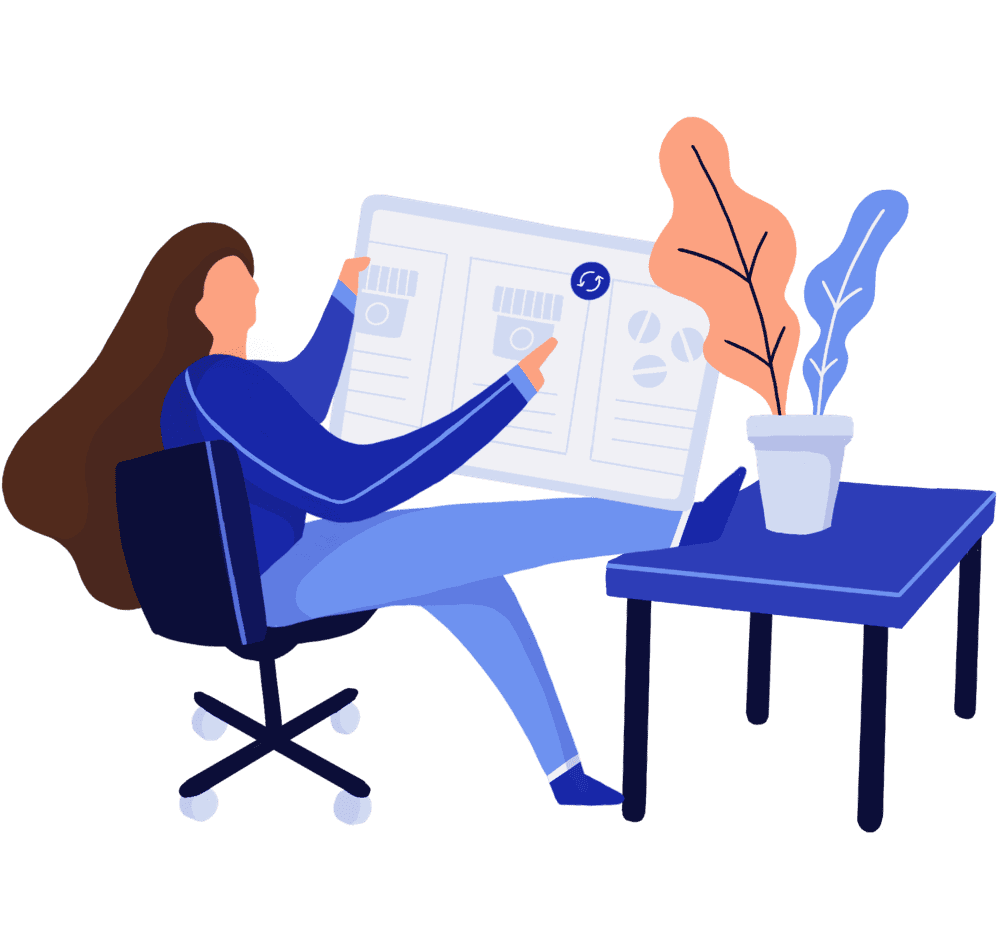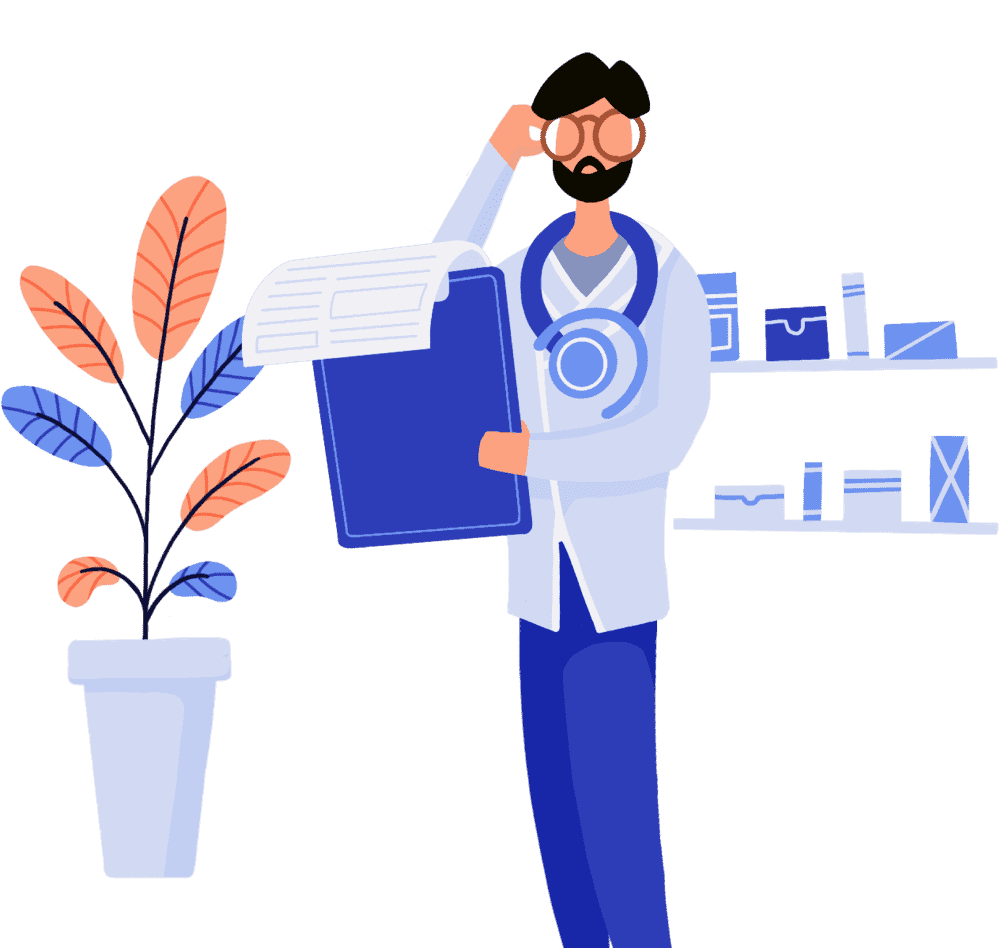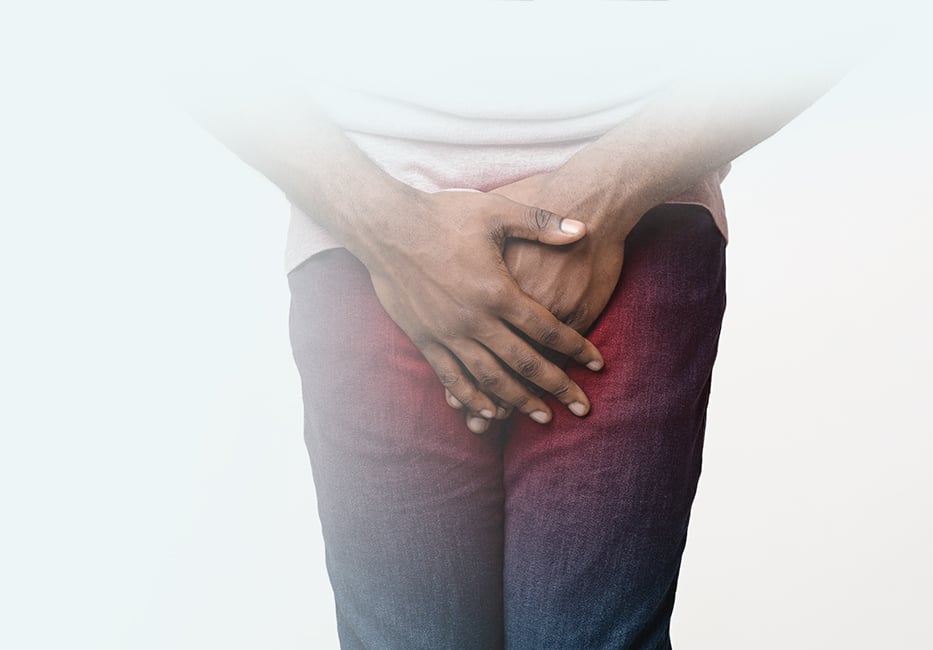Recharge your cells from within and enjoy 20% OFF NAD+ for a limited time only - shop now
- Home
- Men's Health
Men's Health
Despite the fact that men suffer a similar number of illnesses and conditions as women, NHS figures have shown that they often ignore health symptoms and shy away from visiting their GP; on average only going half as often as women.
Offering a discreet and confidential service, UK Meds is here to help with male-specific treatments that may be hard to talk about face-to-face, such as erectile dysfunction with treatments such as Viagra, premature ejaculation and hair loss.
Medication delivered the next day from UK pharmacies



Choose the right treatment
From the comfort of your own home or out on the go, choose the treatment you require from our extensive range.
Complete an online consultation
A vital part of our process, your online consultation will be similar questions to that of a GP. Quick and easy, we guarantee privacy and confidentiality.
Delivered discreetly
One of over 100 of our partner regulated UK pharmacies will dispense and ship the treatment to you in discreet packaging.
Rated out of 5 on 
Excellent service , arrived on time , no fuss
Fats efficient - literally life saving
Very professionl always helpful
Great pharmacy. Quick service and lots of information and support.
Rated 4.6 out of 5 based on 6903 reviews
Here to help you
Our Customer Service is available Monday to Friday 9am - 5pm. If you need urgent assistance, do not use this service. Call 111, or in an emergency call 999. Visit our help section


